Albums & Projects
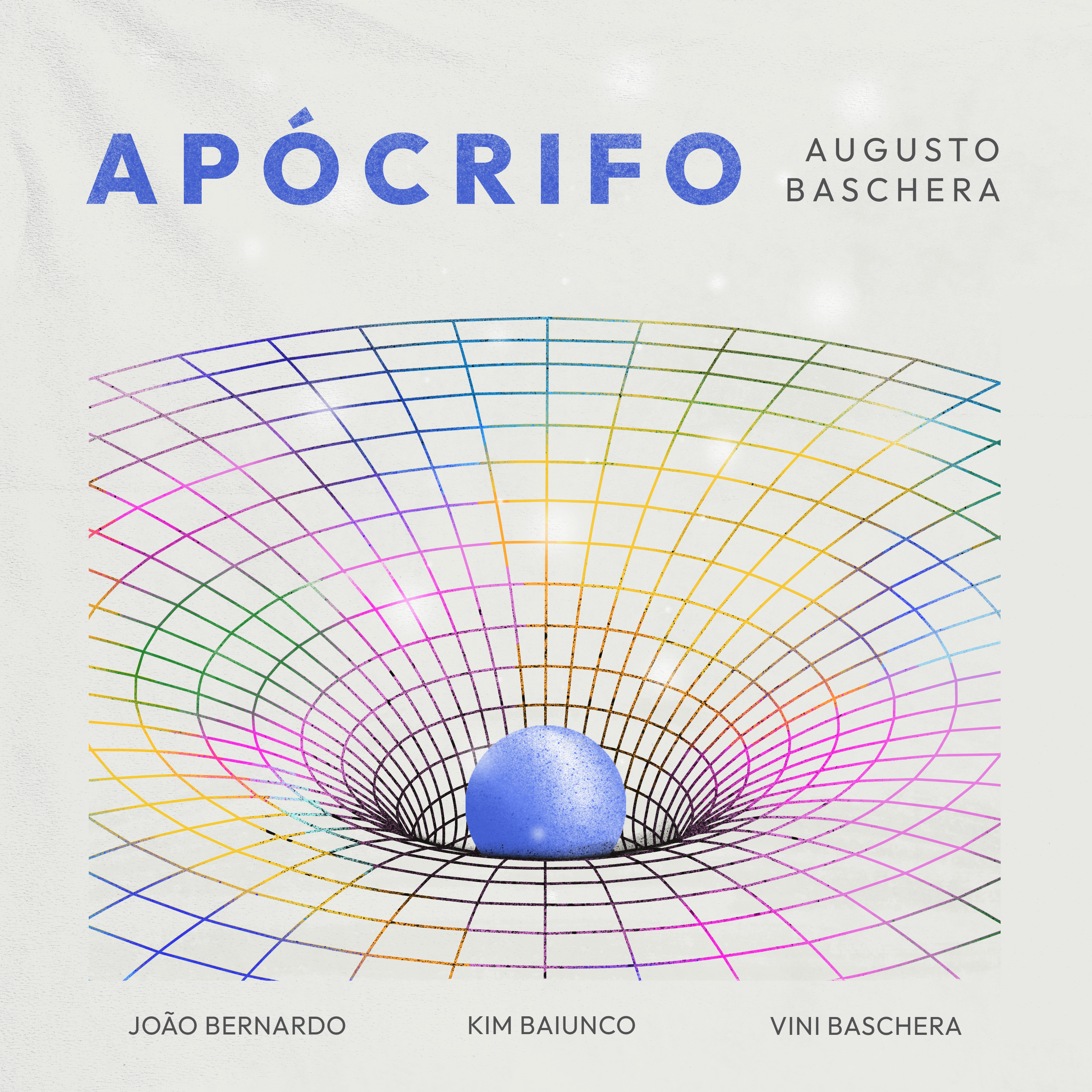
APÓCRIFO
Release in 2025, “APÓCRIFO” represents everything that questions the obvious and offers a parallel vision to the conventional canon. It is an invitation to explore new perspectives without losing sight of the path that brought us here. It is tradition and modernity at the same time, change and resilience, with a spirit that embodies faith and boldness. Augusto Baschera (guitar and composition). Kim Baiunco (double bass). João Bernardo (piano). Vini Baschera (drums). Guest musician: João Barradas (accordion synth). Recorded by Nuno Simões at SlowMusic Studios. Mixed and mastered by Vini Araujo.
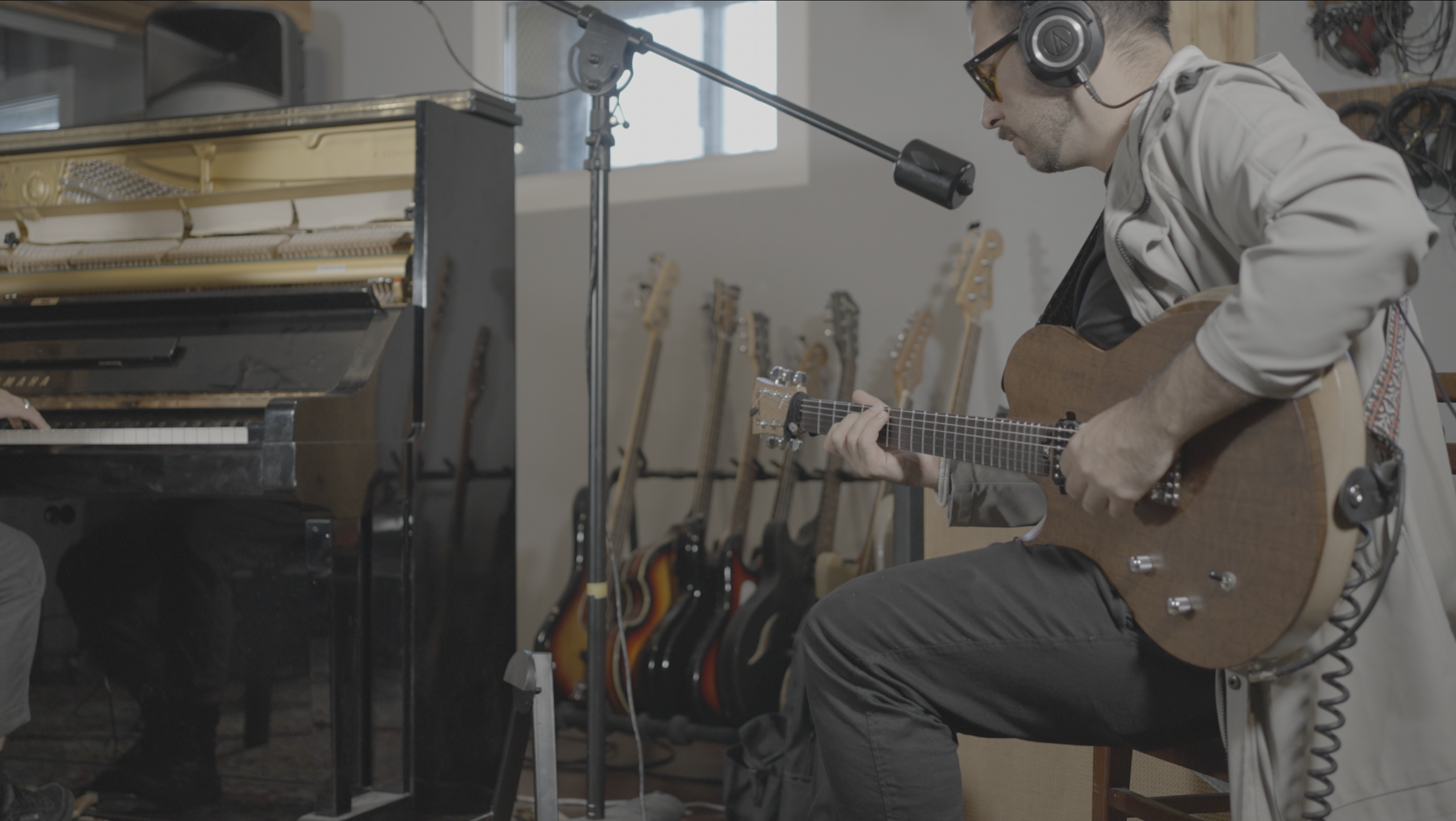
Travessia
"Travessia" is a creative partnership between Brazilian guitarist Augusto Baschera (Rio Grande do Sul) and Azorean pianist João Bernardo (São Miguel). This project aims to study, recreate, and perform the musical folklore originating from the Azores, also present in the southern region of Brazil. It is sustained by the reworking and adaptation of this music into instrumental music, with a focus on improvised music and jazz.
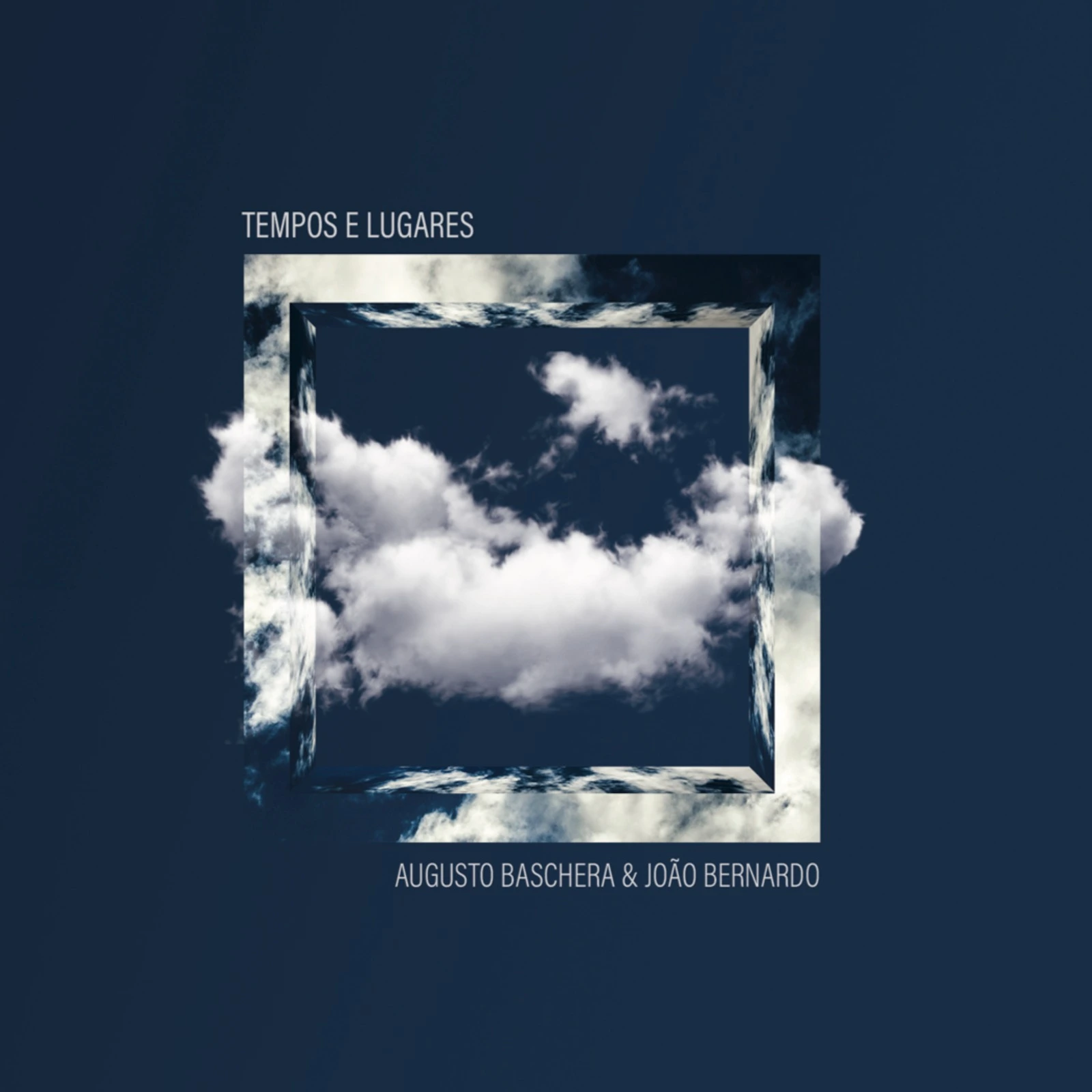
Tempos e Lugares
Released in May 2022, 'Tempos e Lugares' is the second album by the duo Augusto Baschera & João Bernardo. This album results from the recording of a live concert at Teatro Micaelense / São Miguel - Azores. The compositions that make up this recording echo traits explored by the duo on their first album, 'Grey City', which represent and mark the duo's characteristic identity, such as the unison melodies that are guided by an inner voice endowed with lyricism. In this new work, the duo combines its essence with a rhythmic vigor that emphasizes its traditions and influences and at the same time reflects the universality of its music.
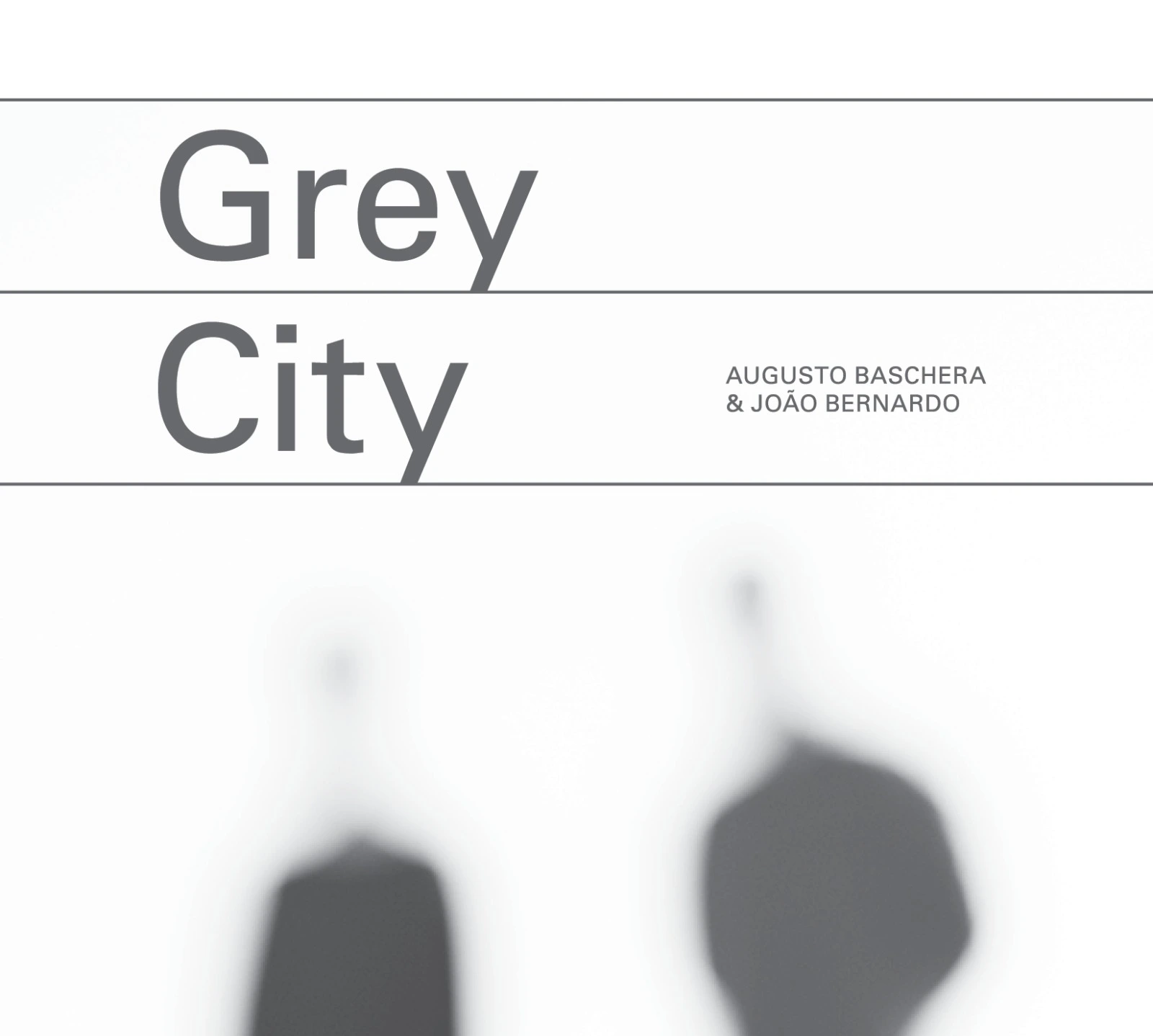
Grey City
The “Grey City” album by Augusto Baschera and João Bernardo is mainly based on the timbral fusion of this unique formation. The album is influenced by popular, classical and jazz music. The music comes from an intimate voice and develops through a modern language, in order to portray the juxtaposition of different realities. Augusto Baschera and João Bernardo make “Grey City” a way to question their musical conduct in current times.
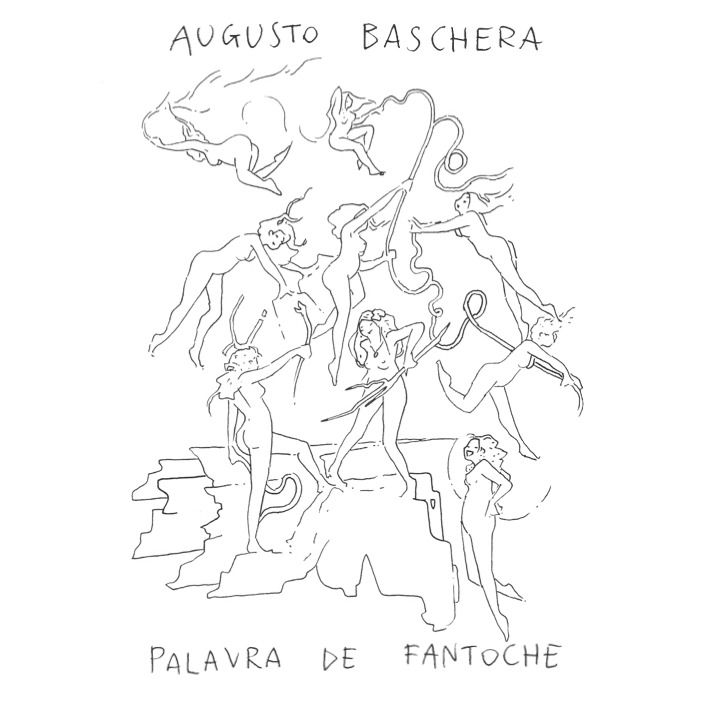
Palavra de Fantoche
'Palavra de Fantoche' are poems by Gilberto Lamaison set to music by Augusto Baschera. An intertwining of rhythms and songs that catalyze authenticity and improvisation, bringing out verses and melodies full of light and fantasy. On this album, Augusto is accompanied by a trio composed of João Barradas (accordion), Tiago Mourão (bass) and Vini Baschera (drums). The recitation is up to the author of the poetry himself.
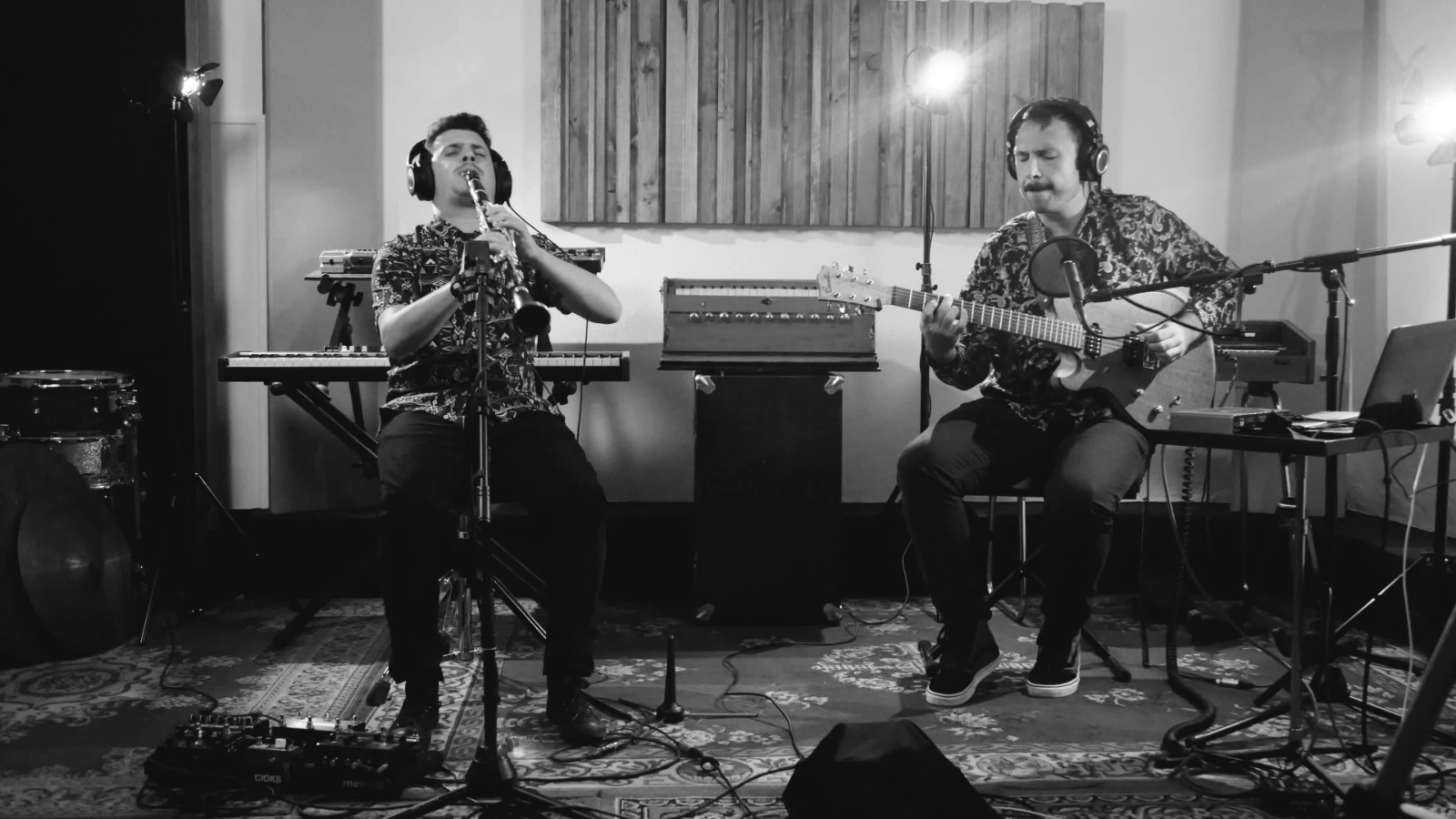
Augusto Baschera & Paulo Bernardino
Augusto Baschera (guitar/eletric guitar) and Paulo Bernardino (clarinet/bass clarinet) report the immensity of Brazilian daily life in these instruments, sounding like a breath of life that travels through different places and welcomes the nuances that portray in a sonorous way the spirit of this such diverse country.
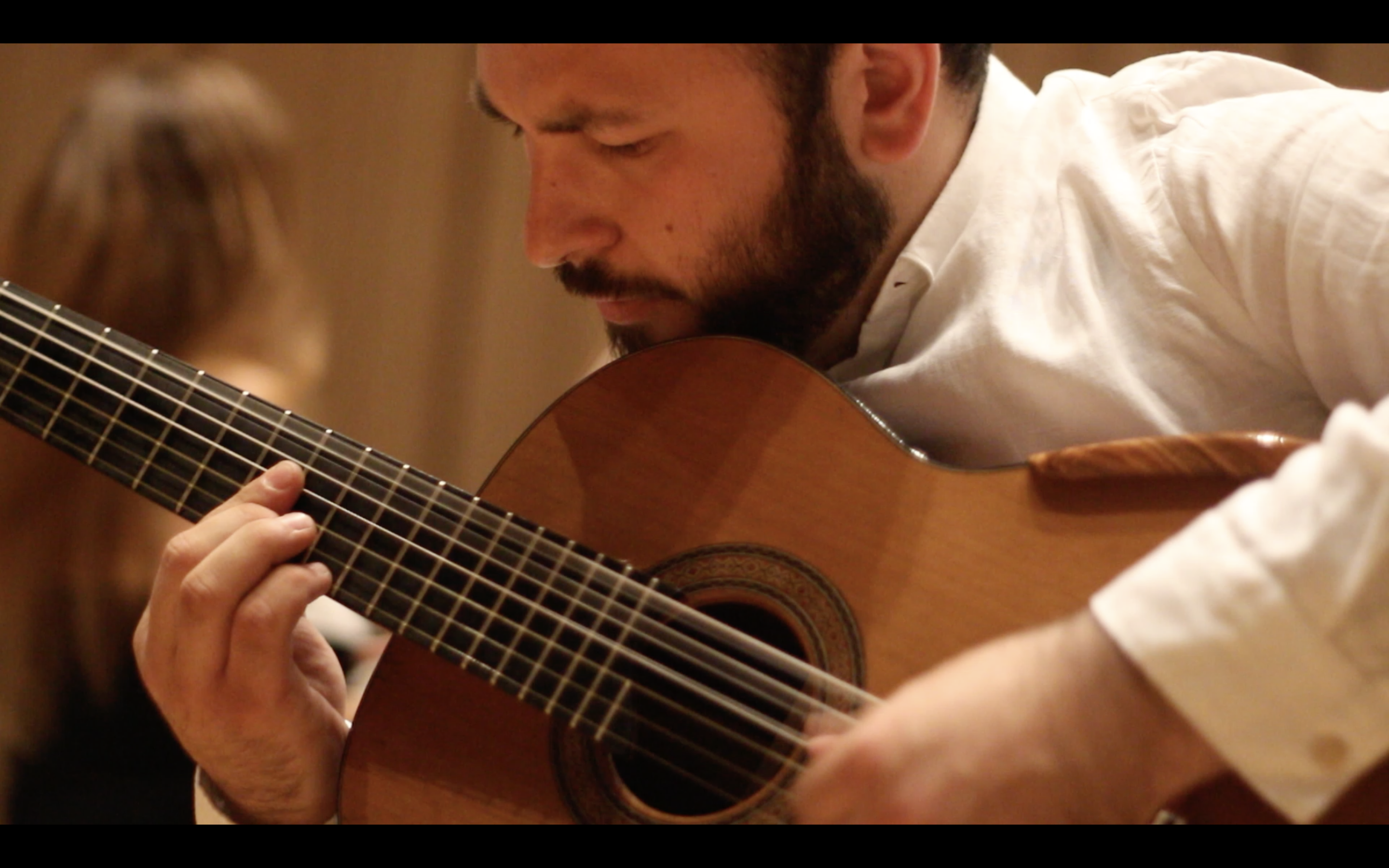
'Concierto de Aranjuez' - Concert for Guitar and Orchestra
Concierto de Aranjuez is without a doubt the most emblematic composition in the history of the repertoire written for guitar and orchestra. Written in 1939, it is surely the best-known work of the Spanish composer Joaquín Rodrigo, and due to its success it has given the composer international recognition. This musical work is considered the most performed in the world and, in particular, its second movement, 'adagio', is uniquely popular and has already been performed and reinvented by different formations and genres even today. In 2016, Augusto was a guest soloist of the ESML Symphony Orchestra, in Lisbon-Portugal, for a series of concerts with this work.
